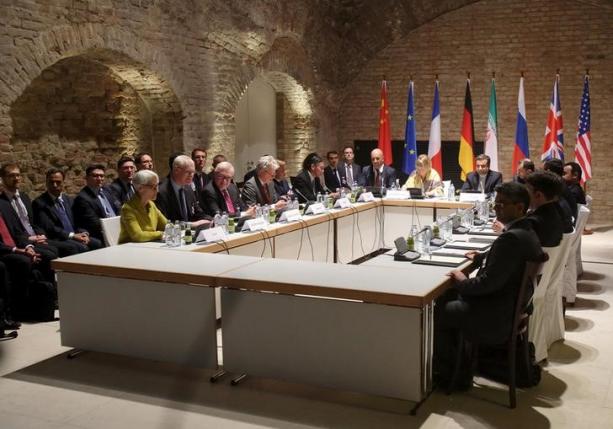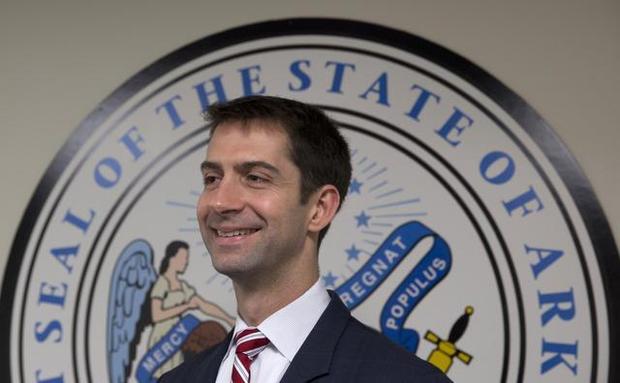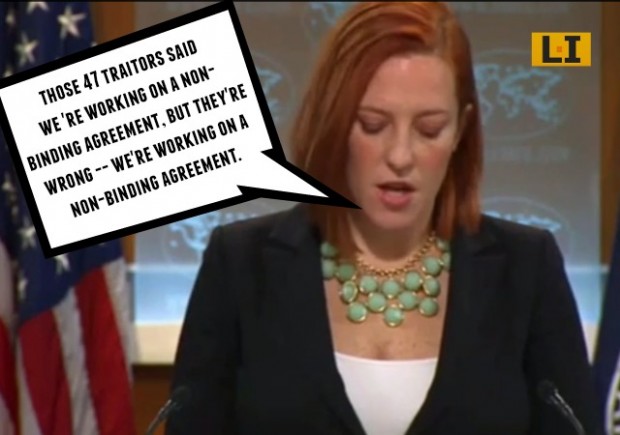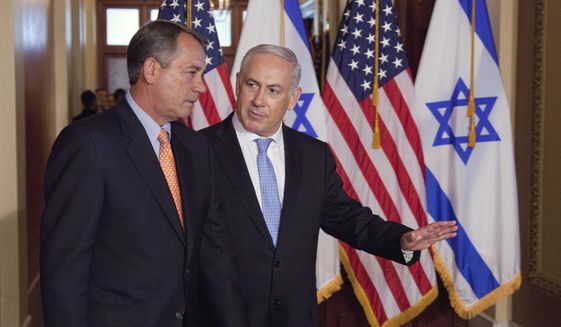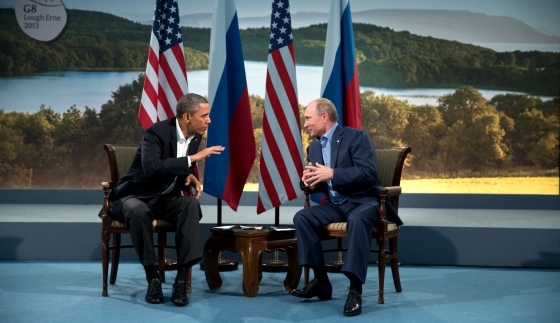Could the Allies have Bombed Auschwitz? Controversy and Reality
Dr. Rafael L. Medoff, executive director of the David S. Wyman Institute for Holocaust Studies once again on the eve Yom Ha Shoah 2016 raised the issue of why the allies couldn’t have bombed the death factory at Auschwitz Birkenau during 1944. A period when the USAAF 8th and 15th Air Forces were already bombing oil refineries and the Buna works less than five miles away. Medoff is the author of FDR and the Holocaust, A Breach of Faith.
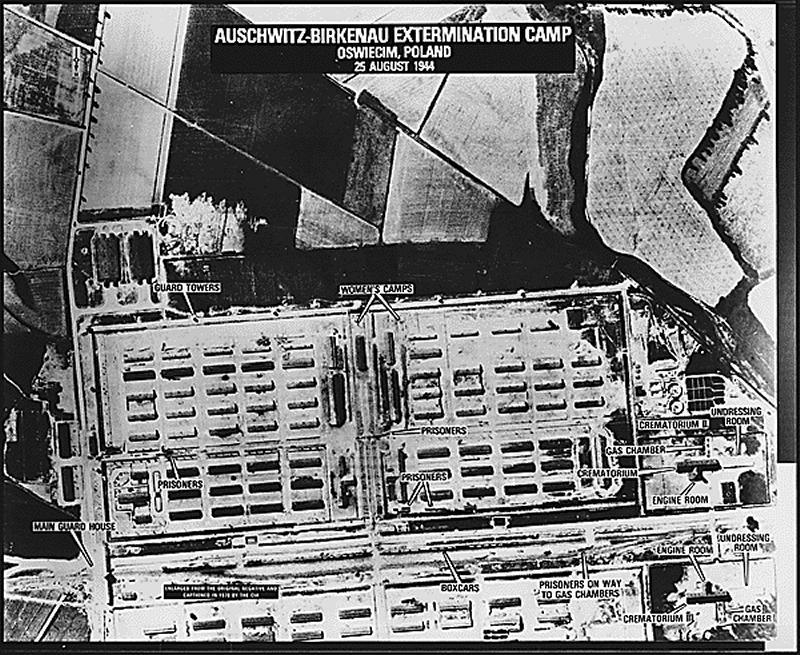 What prompted revisiting this controversy was a Jerusalem Post article by Medoff critical of a 2015 book exonerating FDR’s role in the decision not to bomb the Auschwitz- Birkenau, “New Whitewash of FDR;’s failure to bomb Auschwitz.” Medoff wrote:
What prompted revisiting this controversy was a Jerusalem Post article by Medoff critical of a 2015 book exonerating FDR’s role in the decision not to bomb the Auschwitz- Birkenau, “New Whitewash of FDR;’s failure to bomb Auschwitz.” Medoff wrote:
Alonzo Hamby is the author of a 2015 biography of president Franklin D. Roosevelt which defends FDR’ s failure to bomb Auschwitz, on the grounds that it was too far away for US planes to reach. George McGovern, the US senator and 1972 Democratic presidential nominee, was one of the World War II pilots who actually bombed oil sites at Auschwitz – proving that it was, in fact, not out of reach at all.
Hamby is a prominent historian and the author of a biography of Harry S. Truman as well as several other well-received books [wrote]:
“The death camps were located in areas largely beyond the reach of American military power,” Hamby writes in Man of Destiny: FDR and the Making of the American Century. And: “Auschwitz was in a Soviet area of operations and at the outer limit of American bomber range.”
And yet, American bombers did repeatedly bomb German oil factories that were situated in the slave labor sections of Auschwitz.
On August 7, 1944, US bombers attacked the Trzebinia oil refineries, just 21 km. from the gas chambers. On August 20, 127 US bombers… struck oil factories less than 8 km. from the gas chambers.
A teenage slave laborer named Elie Wiesel witnessed the August 20 raid. A glance at Wiesel’s best-selling book Night would have enlightened Hamby. Wiesel wrote: “If a bomb had fallen on the blocks [the prisoners’ barracks], it alone would have claimed hundreds of victims on the spot. But we were no longer afraid of death; at any rate, not of that death. Every bomb that exploded filled us with joy and gave us new confidence in life. The raid lasted over an hour. If it could only have lasted ten times ten hours!”
There were additional Allied bombings of the Auschwitz oil factories throughout the autumn.
My late brother in law as serving officer during WWII was involved with the planning and deployment of US 8th Air Force B-17’s based on Poltava in the Western Ukraine less than 120 miles from Auschwitz that flew some of those missions. Another late acquaintance, who was lead navigator for Gen Ira Eaker of the 15th USAAF based at Foggia, Italy recalled using the crematoria as aiming points for bombing missions on the I.G. Farben Buna-Monwitz works less than five miles away.
What follows are excerpts from my 2009 and 2012 New English Review articles summarizing the controversy, feasibility and reality of whether USAAF bombing runs could have destroyed the Auschwitz Birkenau complex in 1944.
The Bombing of Auschwitz controversy
On September 9, 2003, a squadron of Israeli Air Force (IAF) F-15’s flew over Auschwitz in southern Poland directly from Israel. The squadron flew the ‘missing man’ formation symbolic of the Six Million European Jewish men, women and children murdered in unspeakable ways by the Nazi death camp machinery in the Final Solution, the Holocaust, or Shoah. An Agence France Presse report noted:
The F-15s, emblazoned with the Star of David, were piloted by the sons or grandsons of Holocaust victims who perished in Poland, according to the Israeli ambassador to Warsaw.
An Israeli air force statement said that as the jets flew low across the sky the pilot leading the squadron, General Amir Eshel, said: “We pilots of the air force, in the skies over these camps of shame, have risen from the ashes of millions of victims. We are the voice for their silent calls. We salute their heroism and promise to be the shield of the Israeli homeland.”
Watch this You Tube video of the 2003 IAF flyover of Auschwitz Birkenau:
The flyover of Auschwitz by the IAF was objected to by the Auschwitz Birkenau Museum as inappropriate to venerate the 1.4 million Jews murdered at the death camp complex. It was nevertheless symbolic on several levels.
It demonstrated that a Jewish sovereign nation would not permit another existential annihilationist assault, as it had the ability to take up arms to pre-empt it. There was no Jewish nation with an Army, Navy and Air Force to prevent the madness of Hitler’s Holocaust during WWII.
It brought into question what Allied air power might have done to disrupt and destroy the killing machinery at Auschwitz Birkenau, when it had the intelligence, aircraft, and crews in Italy and the Ukraine in 1944, which could have undertaken missions that might have saved hundreds of thousands of Hungarian and other European Jews from death. Dr. David Wyman, a critic of Allied war efforts to destroy death camps, estimated that an air assault might have spared the lives of 150,000 Jews whose progeny today might number more than 2 million.
In 1998, during the 50th Anniversary of the establishment of Israel, Prime Minister Benyamin Netanyahu visited Auschwitz on another Yom Ha Shoah and criticized the Allied lack of effort to save European Jews by striking at the death camp from the air:
All that was needed was to bomb the train tracks. The Allies bombed the targets nearby. The pilots only had to nudge their crosshairs.
You think they didn’t know? They knew. They didn’t bomb because at the time the Jews didn’t have a state, nor the political force to protect themselves.
The ‘what if’ question of ‘Could the Allies have bombed Auschwitz?’ and the killing machinery to save Jews, especially the nearly 433,000 Hungarian Jews who went to their deaths between May 2nd and July 13th, 1944 has been the subject of controversy since the liberation of the death camp on January 27, 1945. It has been the subject of intensive research and debate.
In 1978 Professor David S. Wyman brought the matter to a head in an article –“Why Auschwitz was Never Bombed,” Commentary 65, May, 1978 – on the feasibility of special air operations using the ‘wonder planes’ of WWII, the British Mosquitoes and the American Lockheed P-38’s. The speedy and highly maneuverable DeHaviland Mosquitoes were made out of marine plywood. Wyman said if the RAF could use the Mosquitoes in special ops to free European resistance fighters, why not use it to stop the killing machinery in Auschwitz. Wyman later expanded on this in his 1984 bestselling book, “The Abandonment of the Jews.” Wyman further said:
…there is no question that bombing the gas chambers and crematoria would have saved many lives. ….without gas chambers and crematoria, the Nazis would have to reassess the extermination program.
Within a year after the publication of the Wyman article, the first archival aerial photos of the Auschwitz Birkenau death camp complex were released based on an analysis by photo intelligence expert Dino Brugioni of the CIA. They clearly indicated that British and U.S. Air Forces had targeting information in their files as early as the spring of 1944 with which to develop possible missions.
In 2000, the National Holocaust Memorial published a symposium on the ‘what if’ question of “The Bombing of Auschwitz: Should the Allies Have Attempted it?’ edited by Michael J. Neufeld and Michael Berenbaum pulling together the contending arguments and supporting data and information.
NSA Historian Hanyok’s conclusion, in a 2005 study, “Eavesdropping on Hell, was that institutional anti-Semitism in both London and Washington, DC, despite Churchill’s instructions to his Air Minister ‘to do everything possible’ and the overarching objective of destroying the Nazi war fighting capabilities led responsible officials to consider proposals for bombing the railway marshaling and, railway lines and the Birkenau killing center gas chambers and crematoria as a ‘diversion.”
Washington officials, especially Assistant Secretary of War, John J. McCloy considered such requests as ‘impossible” and ‘risky,’ given the air war commitments in the European Theater of Operations. Later McCloy put the onus on FDR for making the decision not to bomb Auschwitz.
McCloy was quoted by Miller as saying:
bombing the camp would involve a diversion of considerable air support essential to the success of our forces now engaged in decisive operations.”
A Mission to Auschwitz would be an Eight Air Force operation, a highly risky ‘round trip flight unescorted of approximately 2000 miles over enemy territory.
A 2012 study by the US Holocaust Memorial Museum (USHMM) in Washington, DC reveals the opposition by WWII American President, Franklin Delano Roosevelt (FDR) to bombing the Auschwitz Birkenau death complex in Southern Poland in the summer of 1944. The findings of the USHMM study on wartime allied and Jewish Zionist leaders over the decision not to bomb Auschwitz were the subject of an EnerPub article, “Franklin Delano Roosevelt’s Sin of Omission: Auschwitz” by former US diplomat, Martin Barillas. Barillas noted the contrast with Britain’s wartime leader, Sir Winston Churchill:
Churchill appeared interested in a military strike against the camps. He told Foreign Secretary Anthony Eden that Hitler’s war against the Jews was “probably the greatest and most horrible crime ever committed in the whole history of the world,” adding, “Get everything out of the Air Force you can, and invoke me, if necessary.” In July 1944 Churchill was told that U.S. bomber pilots could do the job best, but that it would be “costly and hazardous.”
The Feasibility of Bombing Auschwitz
In contrast to McCloy’s misleading statements, the reality was we could have done that and more. The resources involved-aircraft sorties, bomb ordnance and air crew losses were a finite fraction of overall air war capabilities of both the 8th and 15th USAAF. Moreover, if the bombing campaign had begun in June, 1944 for example, the weather and meager fighter aircraft and flak gun threats were most favorable to such a mission that could have destroyed the killing machinery at Auschwitz Birkenau.
The fact was that bombing Budapest on July 2nd by the heavy bombers of the 15th USAAF and intercepts by Hungarian intelligence of Jewish Agency requests from Geneva for bombing Auschwitz brought the death transports to a halt sparing the remainder of Hungary’s besieged Jews – approximately 300,000 – until Swedish businessman diplomat and hero Raoul Wallenberg arrived with the aid of the U.S. War Refugee Board and Joint Distribution Committee funds to put many Jews in Budapest in ’safe houses” until the Russians arrived in early 1945.
Based on several feasibility assessments in the Neufeld – Berenbaum study here is what could have been done:
8th USAAF B-17 heavy bombers flying from Operation FRANTIC shuttle bases at Poltava in the Western Ukraine 150 miles away and 15th USAAF B-24 heavy bombers flying out Foggia, Italy 640 miles away could have raided Auschwitz Birkenau from June to September, 1994. Weather conditions and enemy fighter and flak gun threats over the ‘targets’ during this period were favorable for an Auschwitz Birkenau mission. There were available mission planning target folder and aerial recon photos from I.G. Farben Buna-Monwitz plant mission less than 7 miles from Birkenau killing center.
An estimated 300 sorties involving upwards of 75 heavy bombers dropping between 900 to 1,800 tons of bombs over a two to three week period would have accomplished the mission. This was equivalent to less than 7% of all sorties flown in July, 1944.
The July 2, 1944 15th USAAF raid on Budapest effectively stopped the ‘death transports’ when requests for bombing rail marshaling yards and rail lines leading to Auschwitz by the Jewish Agency in Geneva were intercepted by Hungarian Intelligence. Unfortunately, by then, more than 433,000 Hungarian Jews were murdered, but 300,000 were ’spared”. Professor Wyman estimated that if an Auschwitz Birkenau raid had been attempted that would have spared an additional 150,000 Jews perhaps resulting in an additional 2 million, today.
However, the reality is that air war priorities and official indifference precluded the raids from occurring and that half of the Hungarian Jews were murdered before any raids could have been launched. It was left to courageous Jewish women supplying Sonderkommando at the Birkenau killing facility with explosives to destroy Crematorium IV on October 7, 1944 forcing the SS to eventually stop and destroy the death machinery in January 1945.
For more information view this comprehensive PowerPoint presentation by the author, “Could the Allies Have Bombed Auschwitz”.


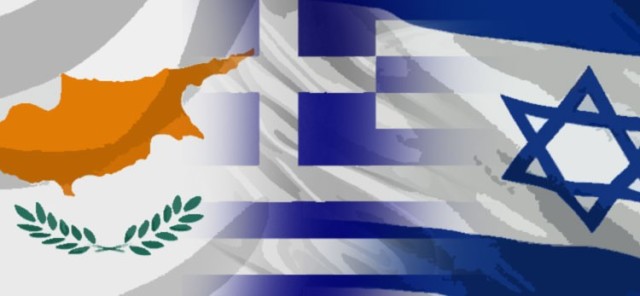
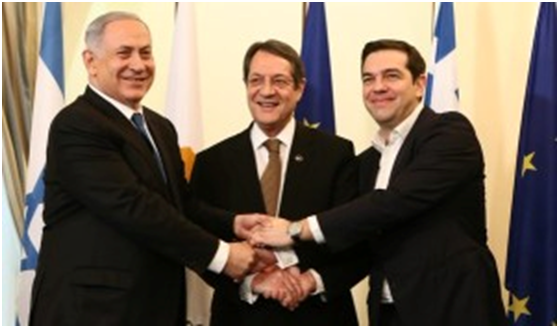
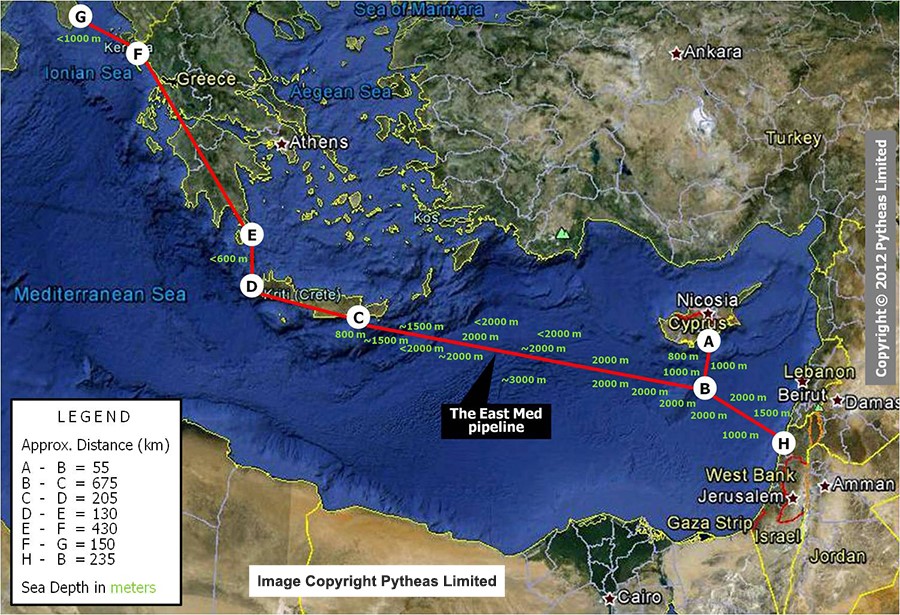 In a January 2015, New English Review article,
In a January 2015, New English Review article, 


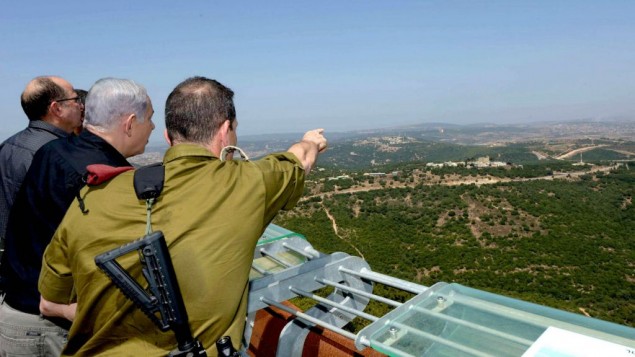
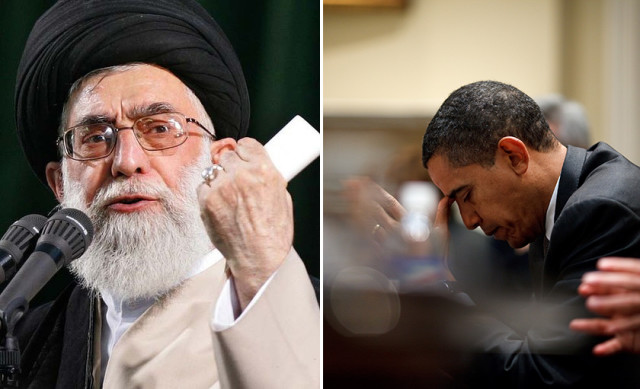
 The following were important takeaways from the August 9th Lisa Benson Radio Show:
The following were important takeaways from the August 9th Lisa Benson Radio Show: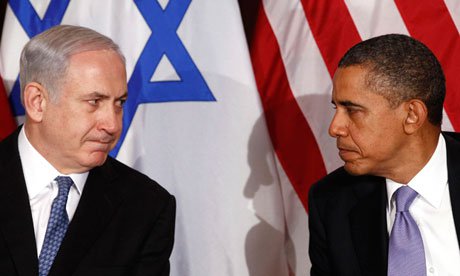


 With the publication of his memoir,
With the publication of his memoir, 